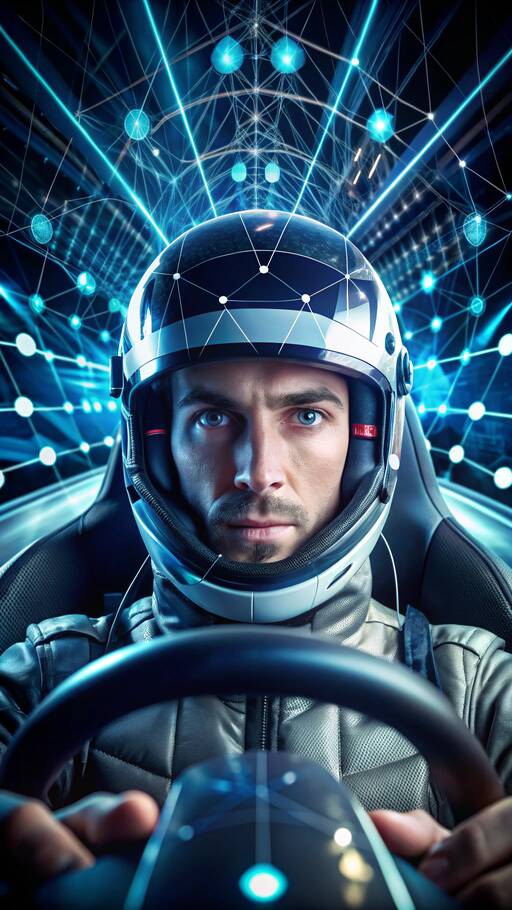
When it comes to cars, AI typically manifests in two ways:
- AI Dashboard Assistants: These offer conveniences like checking cinema times.
- Self-Driving Tech: This provides varying degrees of autonomous driving, often lacking appeal for driving enthusiasts.
AI's most intriguing development in driving is its potential role as a coach rather than a driver. This technology is gaining a foothold in racing simulations like iRacing and Assetto Corsa Competizione.
- AI Driver Programs: These systems guide you without taking over, aiming to improve track driving skills.
- Example - trophi.ai: This widely-used system analyzes lap data to provide real-time feedback. It instructs and corrects techniques based on telemetry, offering praise when improvements are made.
While promising, AI driving coaches face certain limitations:
- Visual References: AI lacks the human ability to suggest visual cues essential for navigating tracks.
- Real-Time Guidance: Current technology struggles with delivering immediate, corner-by-corner advice, requiring drivers to absorb and apply feedback in advance.
Despite these hurdles, the system's potential, especially for real-world driving, is exciting. As AI evolves, its responsiveness and accuracy are expected to improve significantly.
AI's journey from virtual platforms to real-world applications is just beginning. With continuous advancements, AI driver coaches could soon be indispensable tools for enhancing driving skills. And as AI becomes more integrated, perhaps there will be more time for perfecting those braking points once automation handles the mundane tasks.
AI can't yet fully replace human coaching on the racetrack, but as it advances, it holds promise for refining our driving techniques. Whether you're a sim racer or looking to improve on real-world tracks, AI might just be the co-pilot you need on this journey.